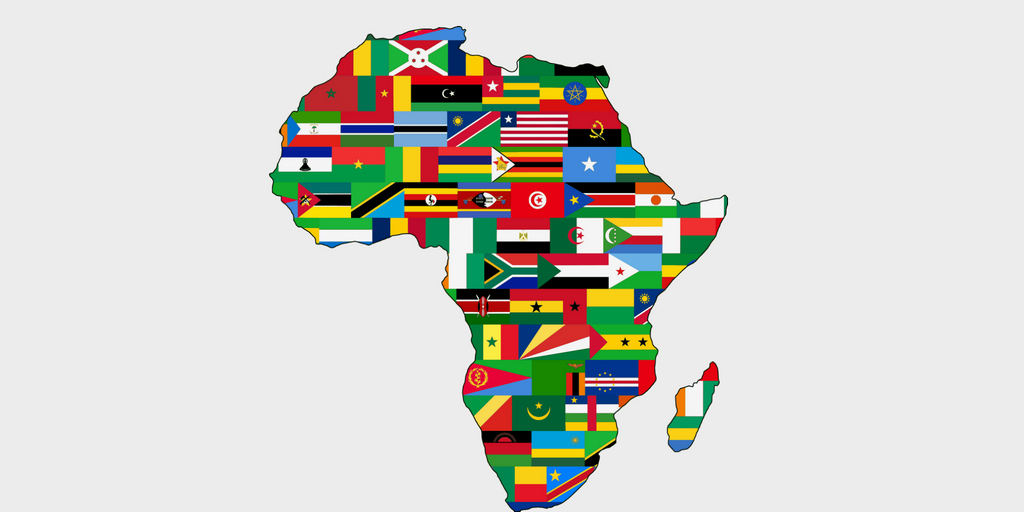
African interfaith leaders urge debt forgiveness, economic reforms

Interfaith leaders from across Africa have called for urgent reforms in the global economic system, including debt forgiveness and new processes to support sustainable economic development ahead of Jubilee 2025.
The leaders highlighted the severe financial constraints faced by African nations, noting that this year alone, Africa will allocate $90 billion towards servicing public debt.
This expenditure, they pointed out, overshadows combined national spending on health, education, and social protection, which amounts to only two-thirds of the debt payments.
“Our countries face agonizing choices between investing in their people and paying creditors,” the statement read.
Drawing parallels to the Jubilee 2000 campaign, which led to the largest-ever collective debt relief initiative, the Heavily Indebted Poor Countries/Multilateral Debt Relief Initiative (HIPC/MDRI), the leaders recalled the substantial progress made 25 years ago.
That initiative mobilized over $130 billion in debt relief for 38 countries. The current leaders echoed the sentiments of former Tanzanian President Julius Nyerere, who questioned the prioritization of debt repayment over the well-being of children.
“Unfortunately, we have seen debt rise to levels where we have to face that question again,” said Rev. Canon Makunzo Moses Matonya, Secretary General of the Christian Council of Churches in Tanzania.
Since 2010, interest payments on African countries’ debt have more than doubled as a percentage of revenue, with current spending on critical sectors like health, education, and climate mitigation only covering two-thirds of debt obligations.
Bishop Matthew Hassan Kukah of the Catholic Diocese of Sokoto, Nigeria, emphasized that past debt relief had freed fiscal space for poverty reduction investments, underscoring the need for governance safeguards to ensure accountability and public participation.
Sheikh Ibrahim Lethome of the Supreme Council of Kenya Muslims highlighted a disconnect between traditional economic approaches and spiritual values, stressing the role of faith leaders in guiding communities to bridge this gap.
The statement called for responsible lending and borrowing practices, including debt contract clauses that account for climate risks and alternative financing sources that avoid creating new debt.
Eric LeCompte, Executive Director of the religious development organization Jubilee USA Network and co-organizer of the leaders’ convening, echoed the call for improved debt relief and aid processes.
“If we had the debt policies and institutions that religious leaders advocated for 25 years ago, we would have the tools to address the climate and poverty crises more effectively,” he stated.
The interfaith leaders’ call for action underscores the urgent need for reform in the global economic system to alleviate the burden of debt and foster sustainable development in Africa.

